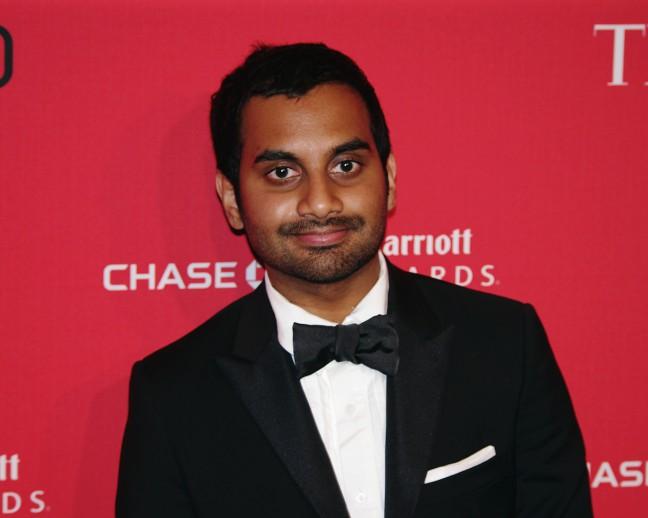In the race to create the television comedy that best represents the lives of the iGeneration, Aziz Ansari may have just won.
His recently released comedy “Master of None,” which he produced and also stars in, is now streaming in its entirety on Netflix and is a rare perfect concoction of hilarity and relevancy. The show’s writers and actors deftly navigate the pitfalls that trap similar shows — either being too absurd to be relatable, or too serious to be fun. As a result, the show has created a television experience that is requisite viewing for anyone who wants to both laugh at and understand many of the circumstances today’s younger generations in America experience.
Ansari and his cast are able to accomplish this feat primarily through a common trait it shares with other great comedies like “Seinfeld” and “Curb your Enthusiasm.” Instead of too forcibly creating funny circumstances for normal characters to undergo, Ansari creates hilarious characters who undergo everyday experiences.
Navigating condom breaking, parental relationships, email racism, cheating and casual sexism combined with thoughtful jokes and insight, makes the characters’ daily lives pretty relatable.
One such example comes in the first scene of the series when aspiring actor Dev (Ansari) hooks up with his eventual romantic interest Rachel (Noël Wells, “The Mad Ones”). The condom breaks and they are forced to go to a pharmacy and buy a Plan B pill.
Dev, a foodie to a fault, further makes an already awkward situation more awkward by insisting that Rachel try a specific brand of apple juice while they are purchasing the pill together. Another situation that strikes the funny bone is the recurring joke where Dev reveals to multiple other Indian-American friends that a caucasian in brown-face actually played a beloved childhood movie character who they thought to be Indian.
But the show is also unafraid to reveal its serious side. Dev and his Korean-American friend Brian (Kelvin Yu: “The Adversaries”), for example, ponder their immigrant parents’ origins while the show cuts twice to two separate, sad but beautiful vignettes that detail their respective parents’ journeys to America. I would also be remiss to not mention Ansari’s gamble to cast his own parents to play Dev’s parents pays off beautifully.
The episode “Mornings,” which details the everyday goings-on of Dev and Rachel’s relationship once they move in together, is at times claustrophobic and functions doubly as an examination of a traditional relationship in the 21st century. It should leave emotional wake, both happy and sad, in the heart of any viewer.
In sum, Ansari and his ingenious cast of actors and writers have created a first season of a series that finally offers something for everyone, whether they require humor, social justice, or a good laugh or cry.








